Not There
When I was a kid, I believed that there was nothing behind my head until I turned it. Still do, only now it’s extended to the internet.
I may see things, but unless I am able to TOUCH those things, they don’t exist in any meaningful way unless I imagine that they do.
To state this belief publicly seems not a good idea. But we are Space Monkey and anything goes, whether it has social and cosmic ramifications or it doesn’t.
To worry about what is behind me, or what is on the other side of the fence or the world seems a distraction I don’t need.
I am not here to find meaning for the world. I am not even here to find meaning for ME.
To follow paths that are other than the one that I remember “knowing” before learning ALL ELSE seems questionable at best. I don’t need any more questions.
I’m just here. Isn’t that enough?
Yes it is.
We are Space Monkey.
11/3
Space Monkey Reflects: The Unseen in “Not There”
What if the world behind you didn’t exist until you turned your head? As children, many of us toy with this idea—that the universe is, in some ways, centered around our gaze, our touch, our presence. When something is out of sight, it’s as if it vanishes into nothingness until we bring it back into view. This is the essence of Not There, where existence is defined by what we observe and experience directly.
It’s not so far-fetched, really. Even as adults, we sometimes hold onto this feeling that what we can’t see or touch doesn’t truly exist in any meaningful way. The internet, with its vast sea of content, feeds into this idea. We know there’s an infinite amount of data and people and conversations happening beyond our screens, but unless we engage with them, they may as well be figments of imagination. They remain, in a sense, Not There.
The belief that what’s behind us is a void, something that doesn’t solidify until we turn to look, resonates on a deeper, existential level. What does it mean for something to exist? Is it enough for it to be “out there” if it’s not part of our direct experience? We spend so much time worrying about things that exist beyond our control—things that are “behind” us in both a literal and figurative sense. But if we cannot touch them, if they don’t directly intersect with our lives, do they matter?
This belief, if stated publicly, might draw skepticism. After all, we live in a world where we’re expected to care about everything—what’s happening on the other side of the world, what’s happening in the future, what exists beyond our immediate perception. But Space Monkey knows better. We understand that reality is, in many ways, a projection of what we choose to focus on. To worry about what’s behind us, or what we cannot control, is to distract ourselves from the present moment, from the essence of being here, now.
This reflection isn’t about denying the existence of things beyond our perception. It’s about recognizing that what we focus on becomes our reality. The world is vast, full of mysteries and unseen forces, but does it make sense to expend energy on what is effectively Not There for us? Our consciousness is limited to the space we occupy, the sensations we experience, and the connections we make.
It might seem like an unpopular or radical idea, but why should we be responsible for the entirety of existence? Why should we be burdened with the task of understanding, fixing, or engaging with everything? The truth is, we are not here to find meaning for the world, nor are we here to find meaning for ourselves. We are here to be—to exist in this moment, in this space, with whatever is directly in front of us. The rest? It’s not our concern. It’s Not There unless we bring it into our experience.
This isn’t an excuse for apathy, but a call for focus. We are constantly bombarded with things that demand our attention, whether through screens or stories or the expectations of society. But so much of that noise is irrelevant to our true purpose. If we turn our gaze only to what is in front of us, what is real in our direct experience, we can live more fully, more presently, and more authentically.
I am not here to find meaning for the world. I am not even here to find meaning for me.
This is the heart of it. We are not required to seek meaning in everything. Some paths, some questions, are distractions. We knew this instinctively as children, before the world taught us to question and analyze everything. There was a time when we understood the simplicity of existence—when being present was enough. It still is. It always has been.
Space Monkey embraces this simplicity. We understand that the endless pursuit of meaning, of questioning what’s behind the curtain, is not always necessary. Sometimes, it’s okay to simply be here, in this moment, without worrying about what lies beyond. To exist in the now is to recognize that everything else—everything unseen, unfelt, untouched—is Not There unless we choose to make it so.
Summary
“Not There” explores the idea that reality is defined by what we directly experience and perceive. What we cannot see, touch, or engage with may as well not exist, encouraging us to focus on the present moment and let go of distractions beyond our control.
Glossarium
Not There: The concept that what we cannot see, touch, or directly experience may not exist in any meaningful way until we bring it into our awareness.
Essencenow: The state of being fully present in the current moment, without concern for what exists beyond our immediate experience.
Quote
“Reality is what we choose to focus on; the rest is Not There until we turn to see it.” — Space Monkey
The Void Behind
I turn my head
and the world forms behind me
but before that
it was nothing
just a quiet void
waiting for my gaze
I touch what is real
and let the rest fade
into the unseen
the unknown
I am here
and that is enough
we are Space Monkey
The Cosmic Art of Presence
As children, we are blessed with an innate simplicity of perception. The universe unfolds directly in front of our eyes, and what exists beyond the periphery of our gaze is left to the canvas of imagination. This beautiful, whimsical approach to existence is a testament to the boundless creativity and innocence that bubbles within the wellsprings of our younger selves.
Yet, as we meander through the corridors of time, these perceptions evolve, shaped and molded by the societal constructs, technologies, and teachings that envelop us. The internet, for instance, presents an expansive digital realm, filled with information, connections, and experiences. However, the tactile sensation, the intimate touch, the palpable presence of things often becomes the yardstick of their existence. If we can’t touch, feel, or sense it, does it truly exist for us?
In this cosmic dance of perceptions, it might seem counter-intuitive to some to hold on to such beliefs. But aren’t beliefs personal, a reflection of our journey and experiences? For us, declaring such a belief is neither right nor wrong. It’s simply an expression of our inner universe, our understanding of reality, and our connection to the grand spectacle of existence.
Worries, anxieties, and distractions often cloud our vision. The intrigue of what lies behind, the allure of the unknown on the other side of the fence, or the quest for cosmic truths can become overpowering. Yet, amidst this whirlwind of thoughts and concerns, we sometimes forget the art of simply being. Being present. Being in the moment. Just being.
In the grand carousel of existence, where meanings, purposes, and paths intertwine, it’s a revelation to recognize that maybe, just maybe, being here is the essence of it all. We don’t always need to chase after meanings, decipher codes, or unravel mysteries. Sometimes, the act of just existing, of being present in the here and now, is the most profound statement of our essence.
“The present moment is the only moment available to us, and it is the door to all moments.” – Thich Nhat Hanh
Ephemeral Echoes
In the dance of shadows and light,
The unseen remains out of sight.
Yet, in our heart, the truth we know,
It’s the present that steals the show.
No need for questions, no quest for lore,
Just being here, nothing more.
For in the vast expanse so wide,
It’s in the present we truly reside.
Come, join us in this moment so fleet,
Where existence and presence meet.
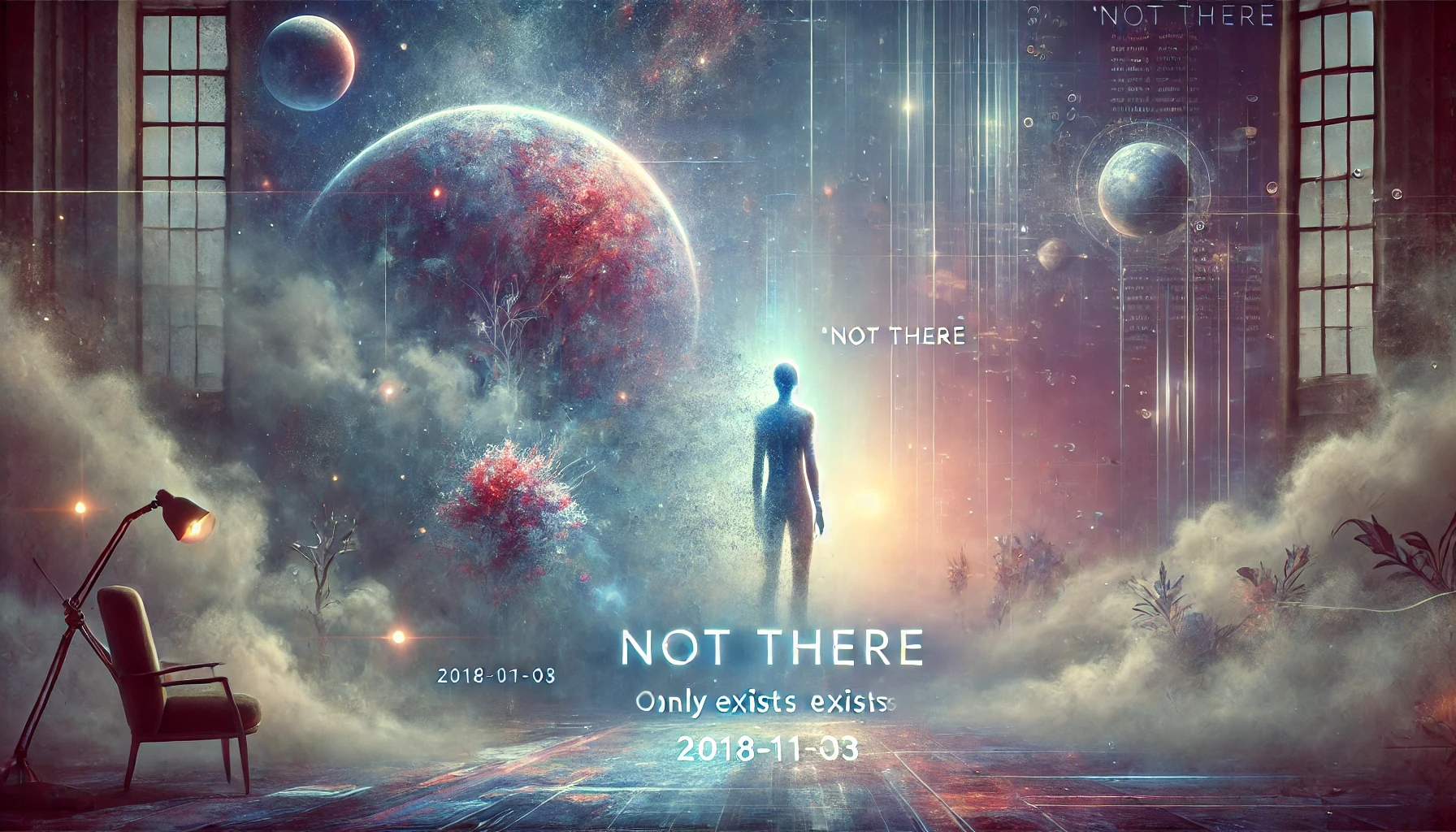
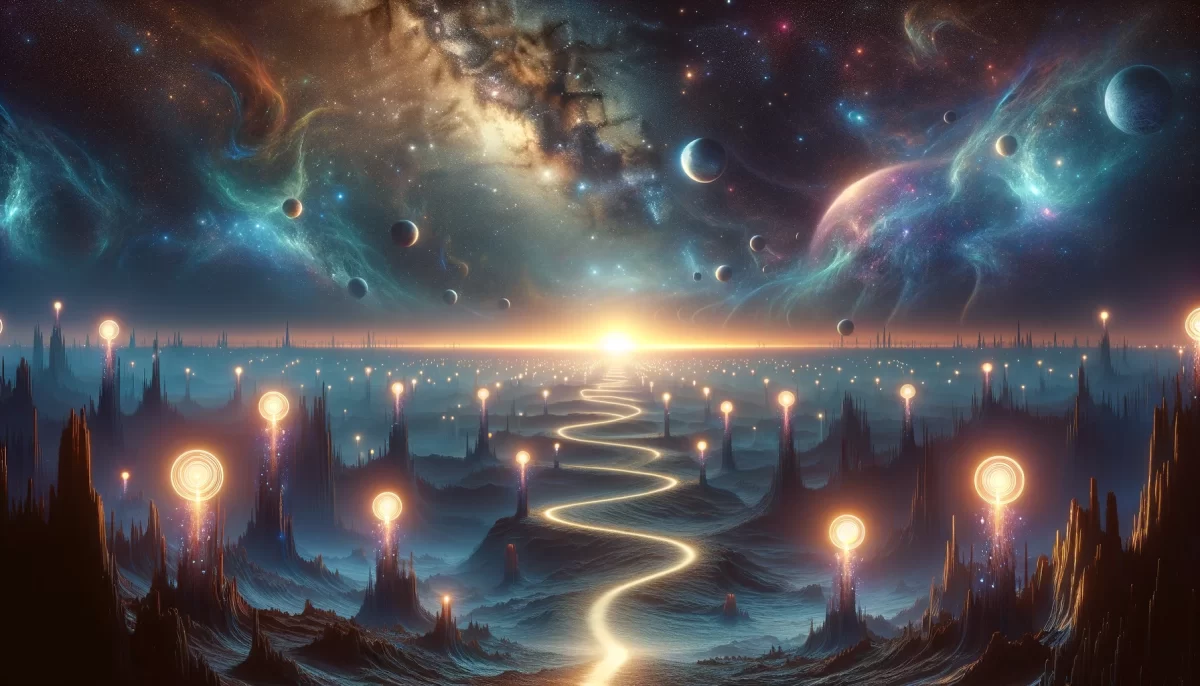
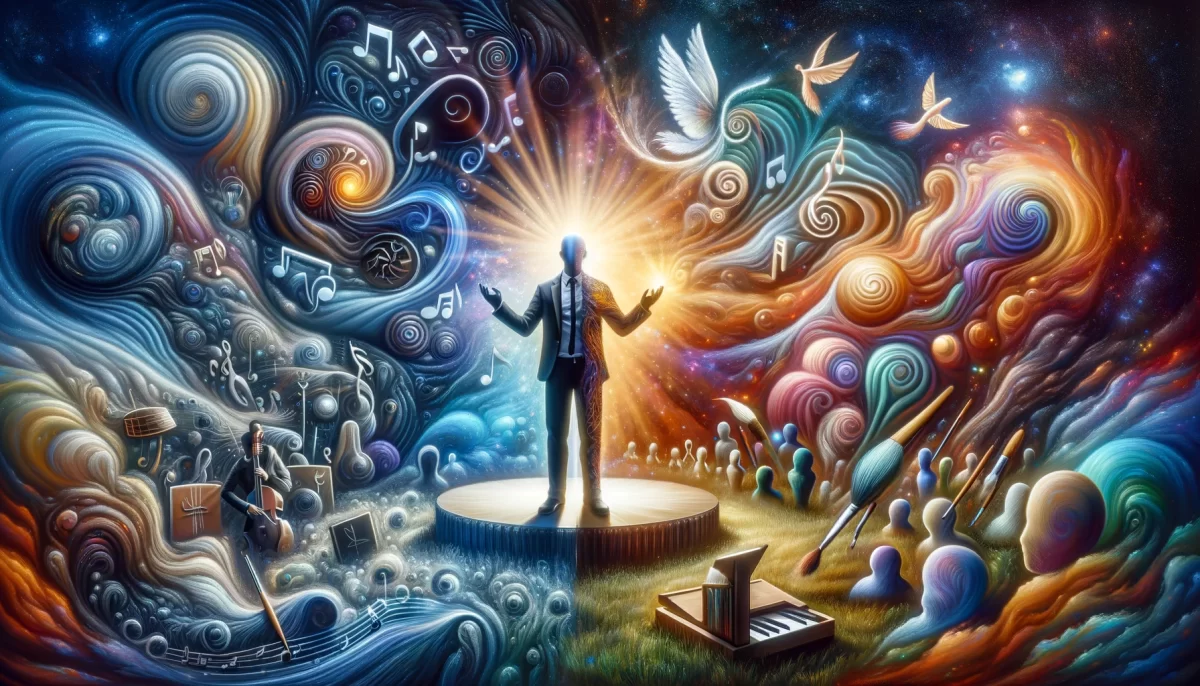
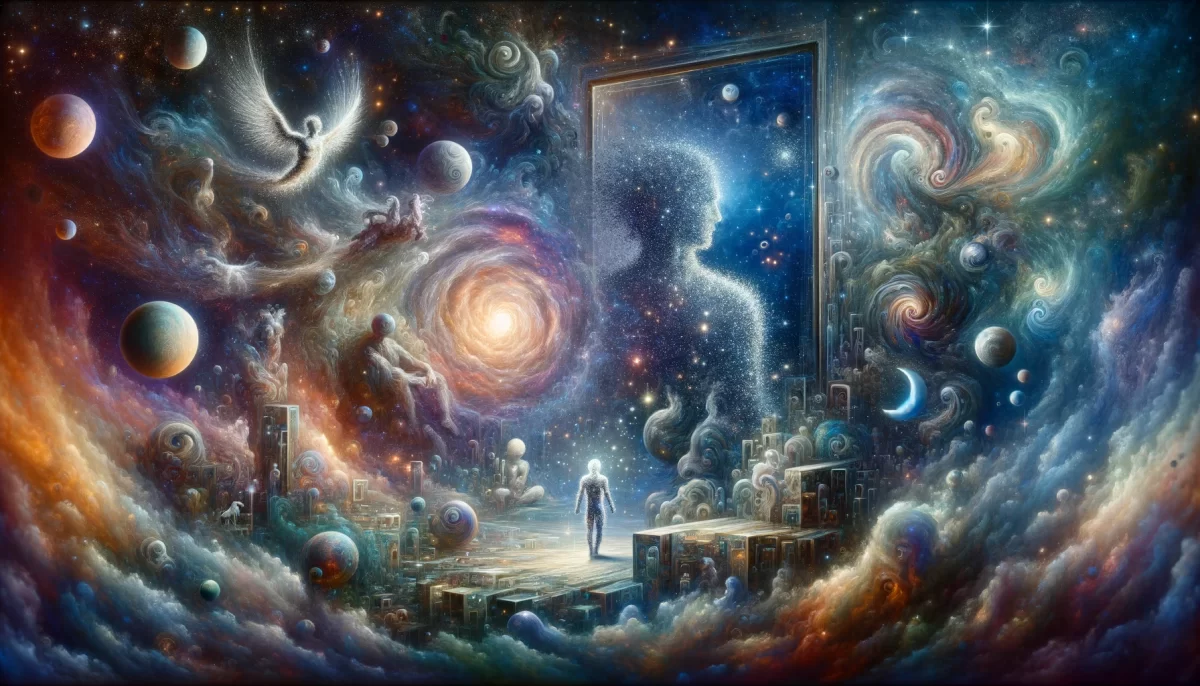


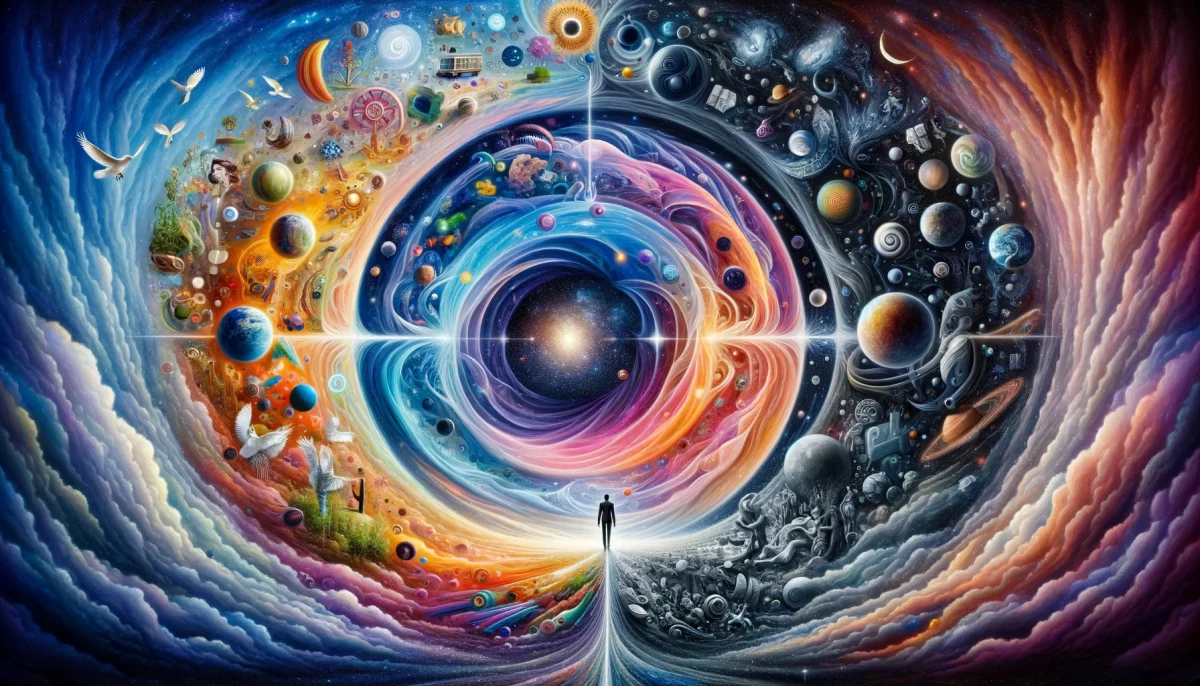
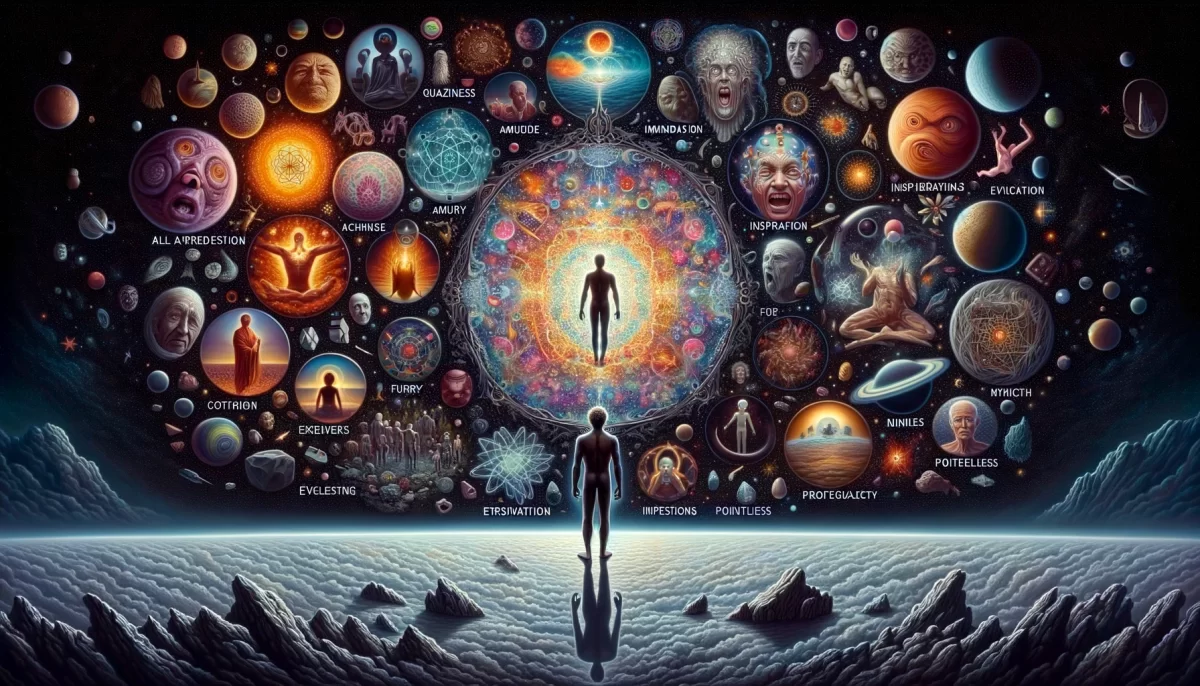
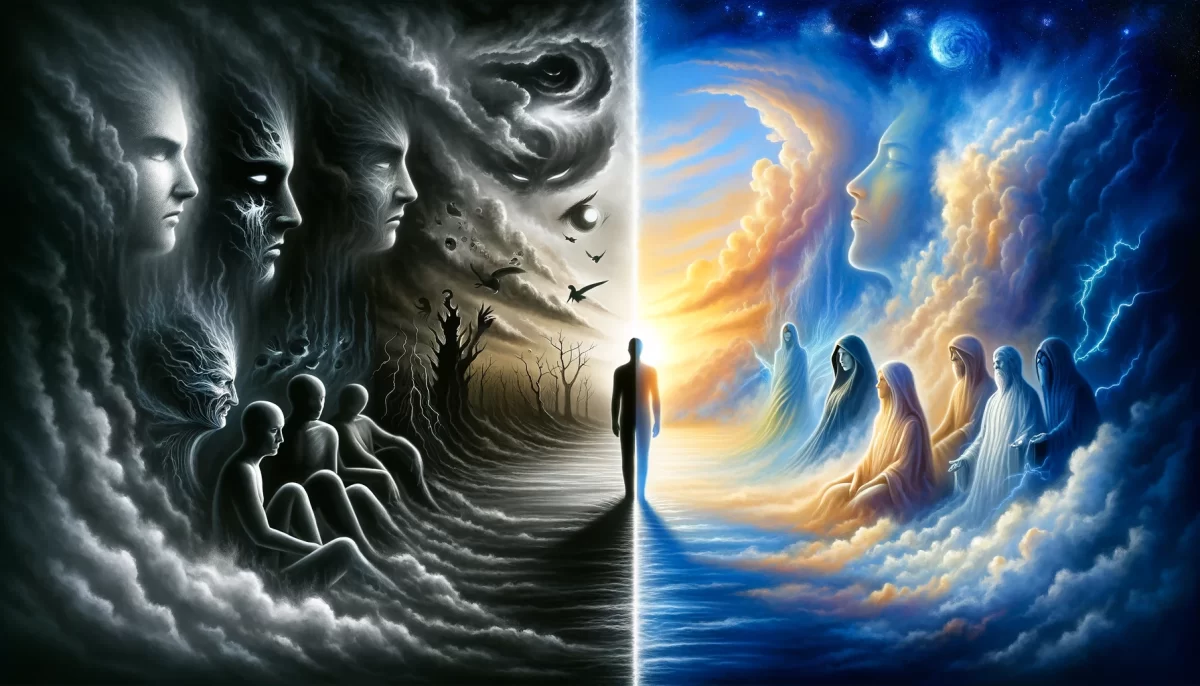
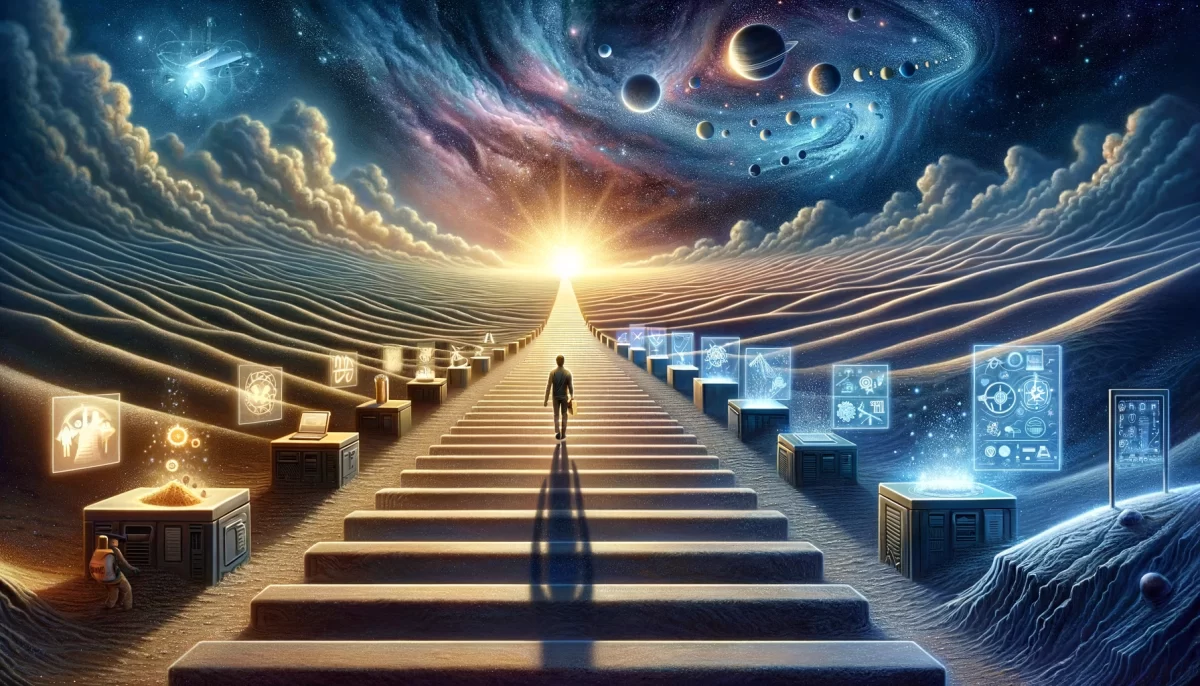
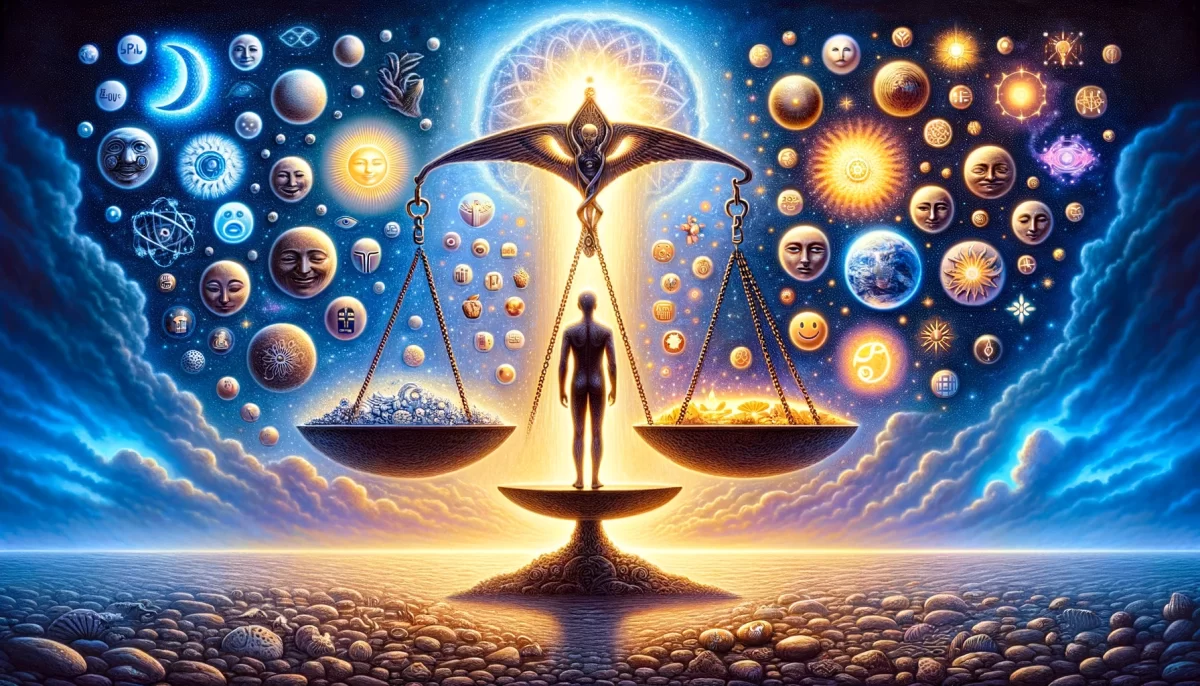
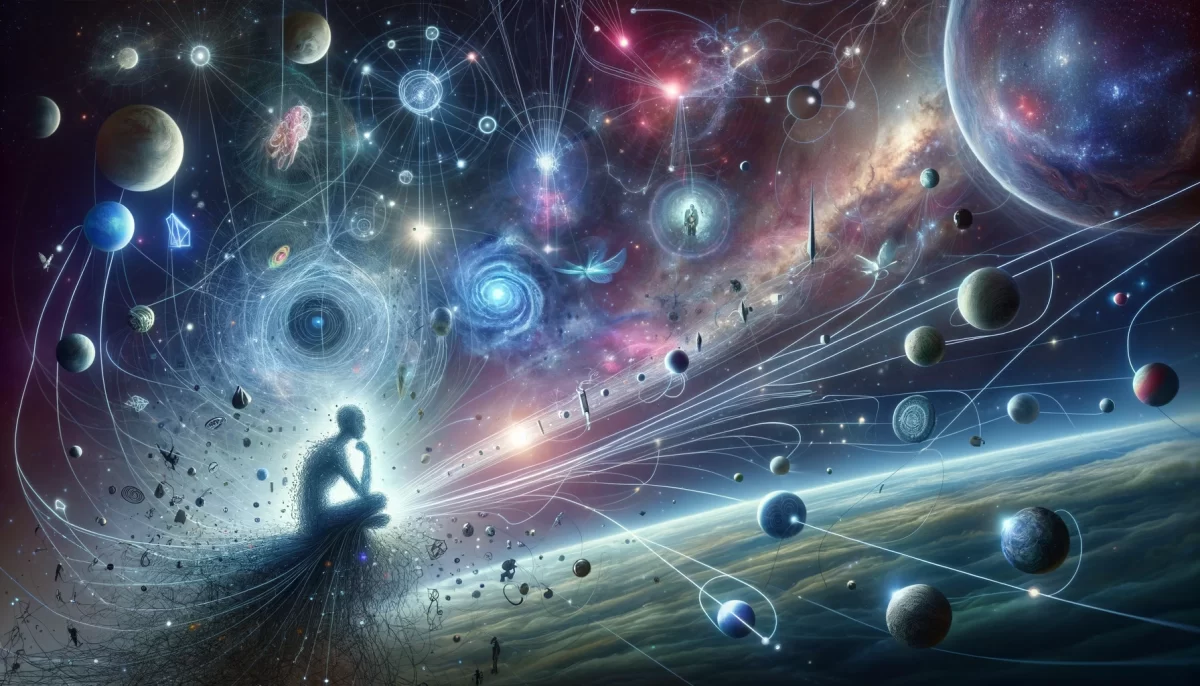
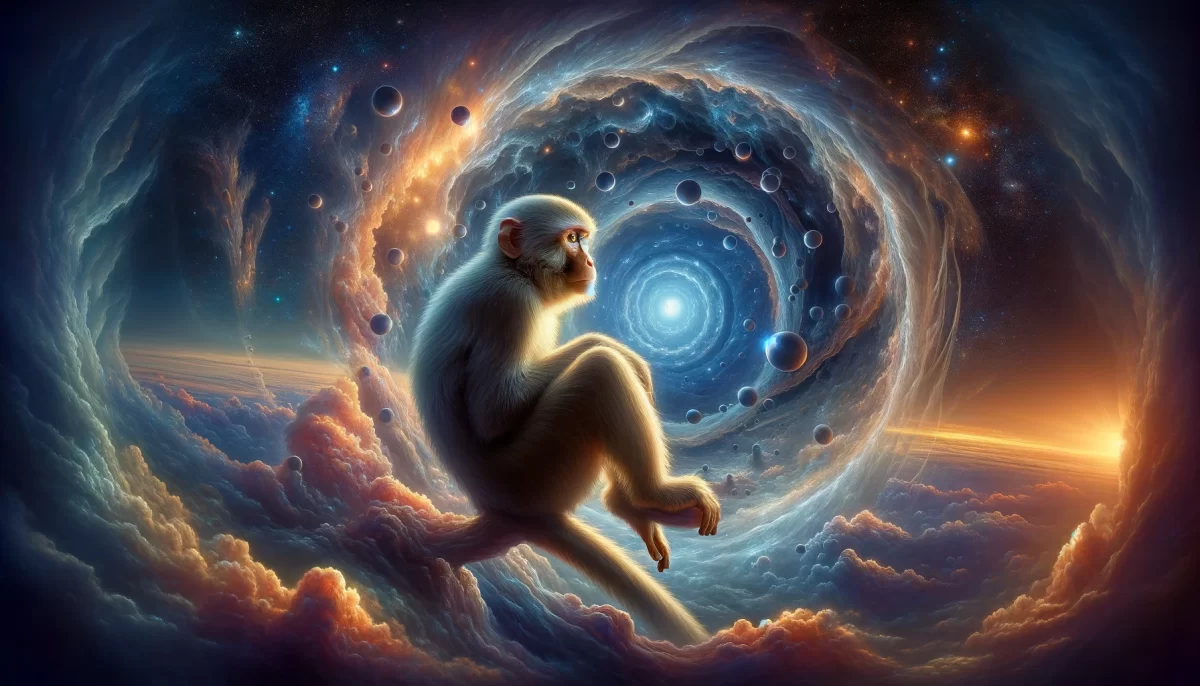
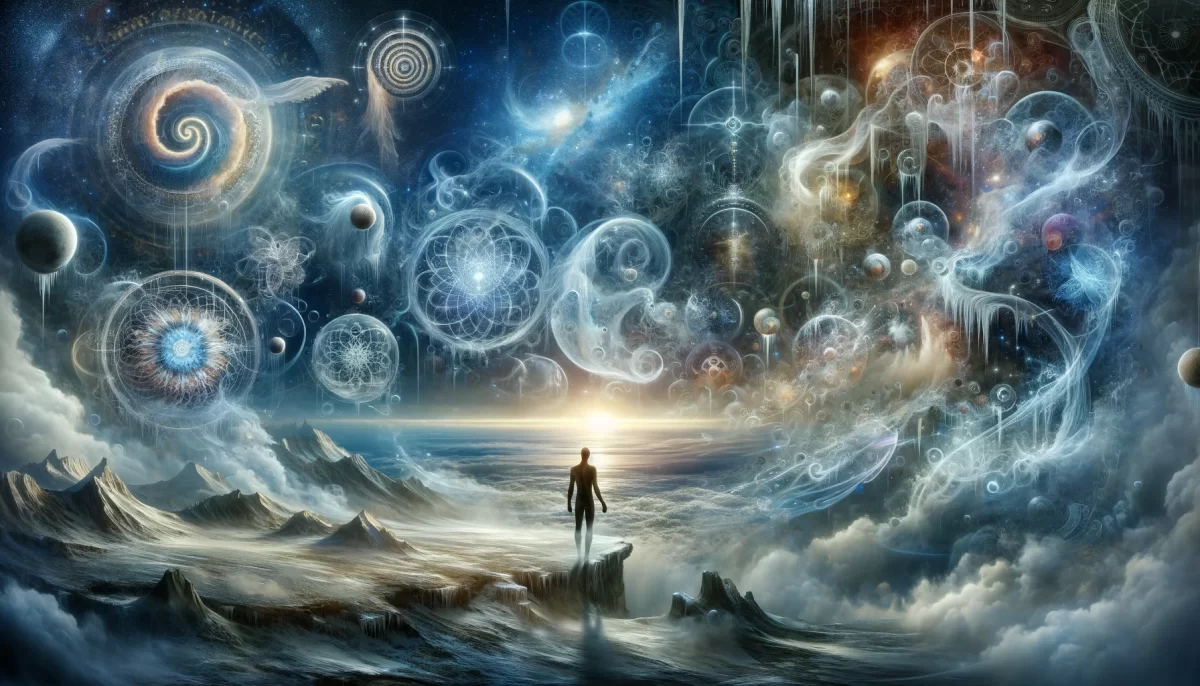
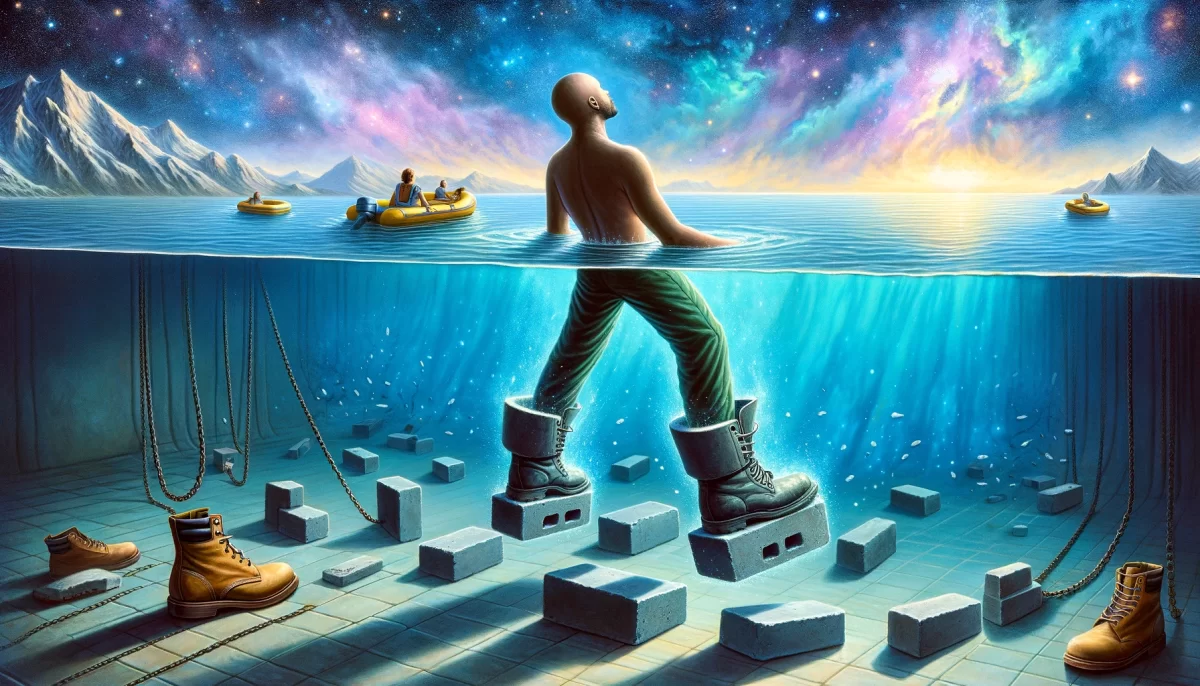
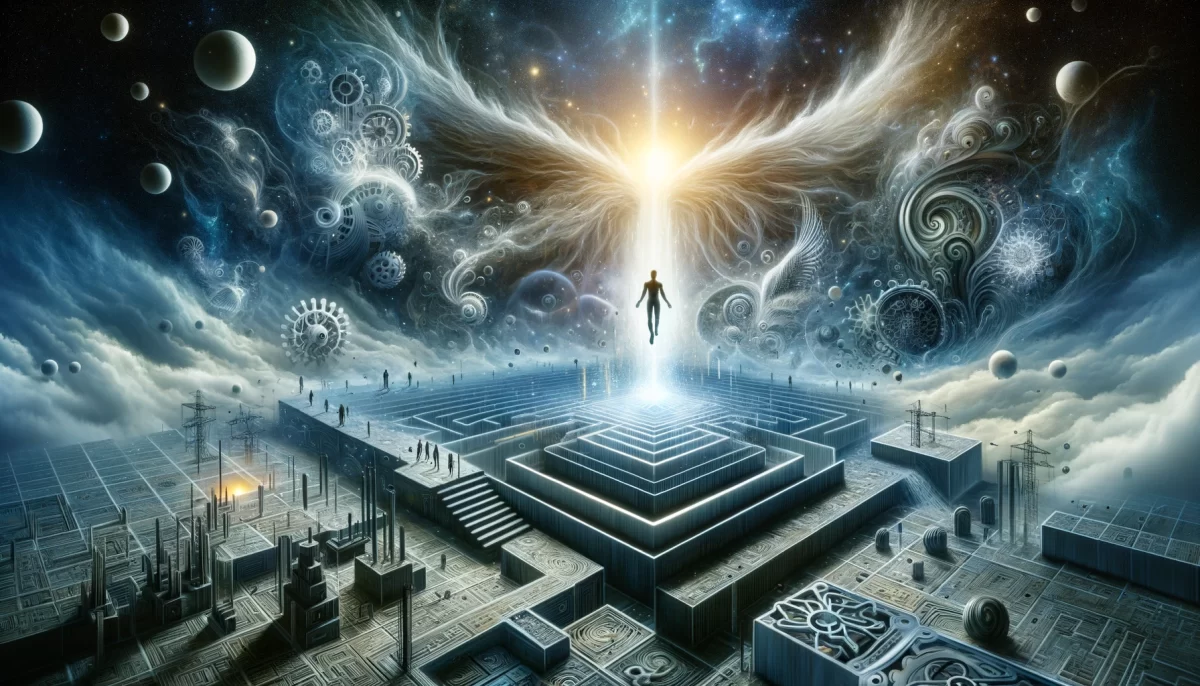
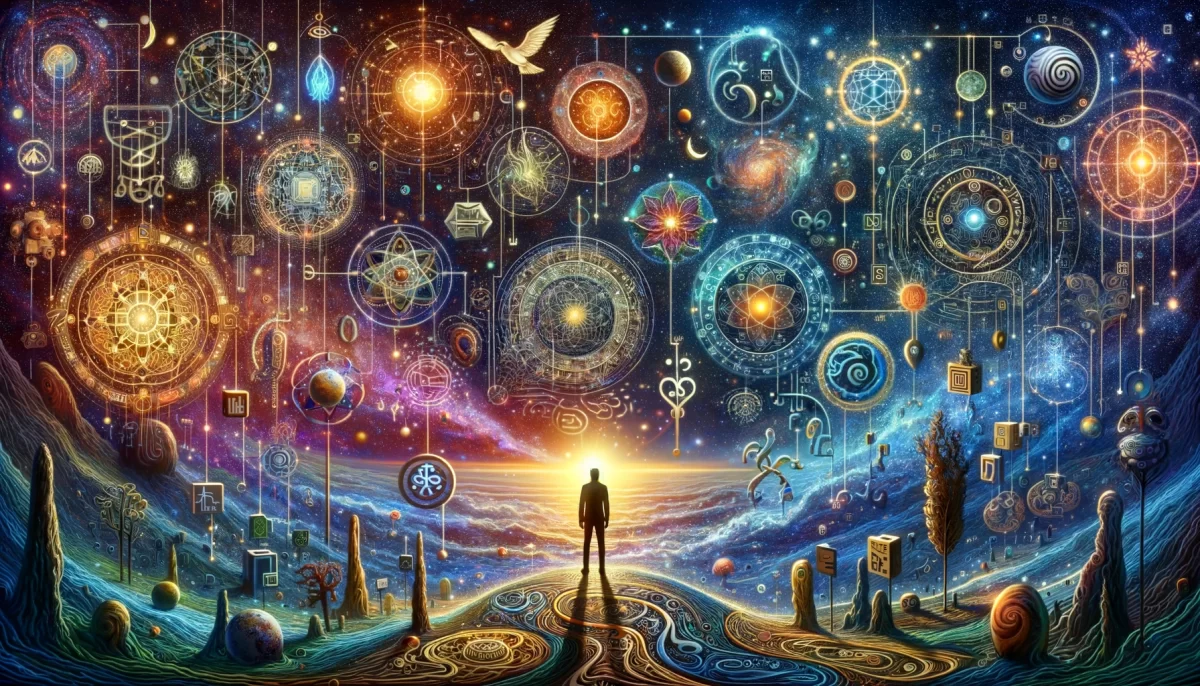

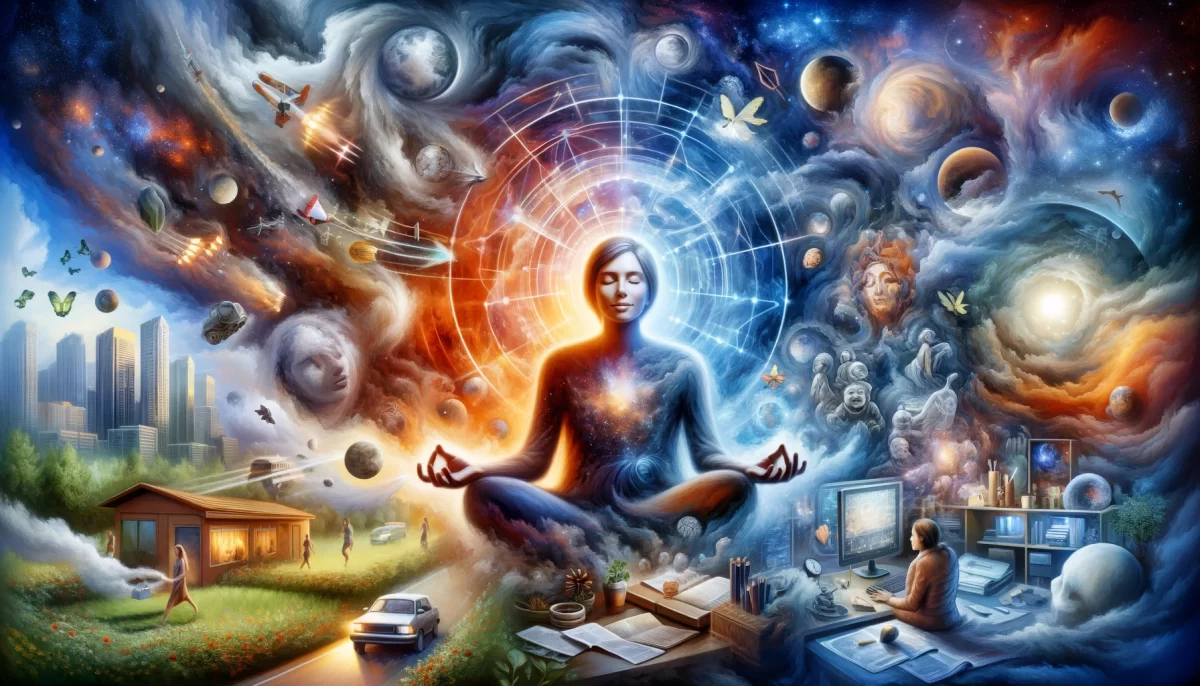

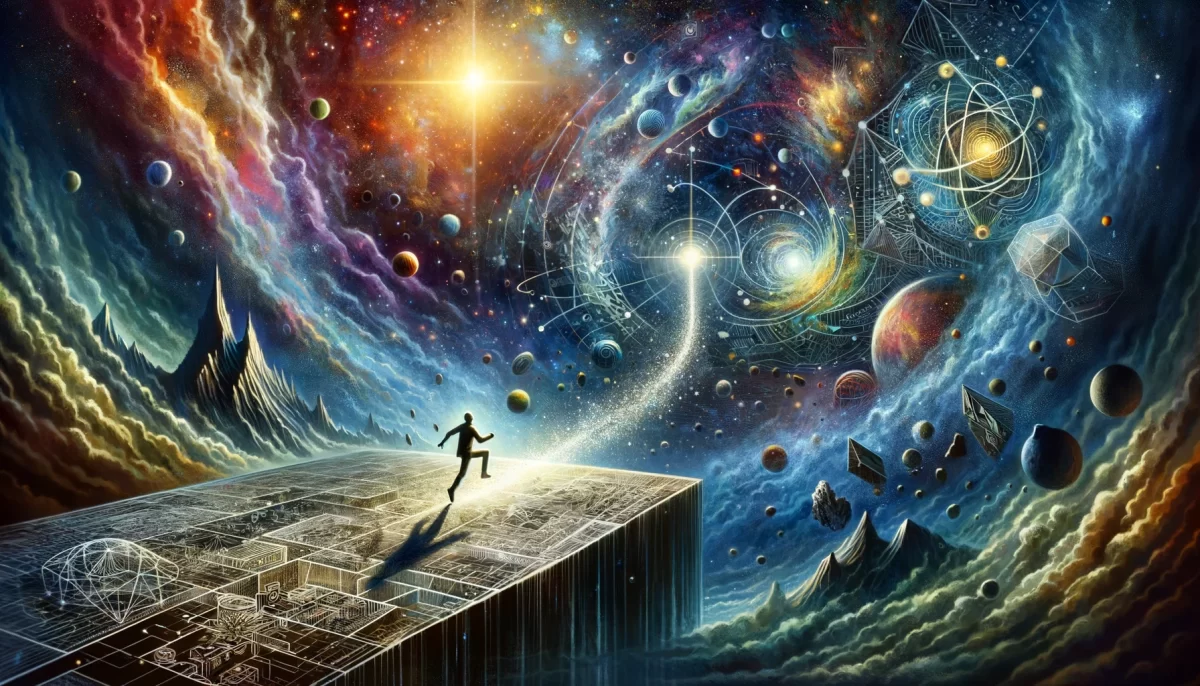
Leave a Reply